9 Backpacking and Camping Food Considerations
Welcome back to part three of The Camping Food Guide.
We kicked off the series with a crash course in camping nutrition. In it, we looked at the difference between camping food and your everyday diet. We also examined what's important when it comes to eating right at home and in the wild. If you haven't checked out that article, we recommend that you do so now. It's the perfect launchpad into our camping food series. Click the link to read our Crash Course in Camping Food and Nutrition. For everyone else, it's time to look at key considerations with regards to camping food or backpacking food.
9 Critical Backpacking Food Considerations
As discussed in the previous post, camping food and backpacking are not exactly one in the same.
When we talk "camping food", it could mean driving up to a campsite with all your camping food, camping gear and food stored in the car. Obviously, in this scenario, your food choices are somewhat limited but not as extreme as if you were carrying all your belongings on your back.
Backpacking food is exactly that. It's the food that you put in your backpack and might have to carry for days. You want it to be light, non-perishable and provide you with plenty of food for the trail. Although, camping food and backpacking food are different, for the most part, we recommend looking at camping food through the eyes of a backpacker or hiker. Through that set of eyes we will now look at important considerations to make before heading off on your camping adventure.
1. The Food as Fuel Attitude
Most backpackers take on what is a "food as fuel attitude". That means, that you don't think of food as something to relish or map your day around as you might do normally. You think of food as the fuel that will allow you to carry out all your day's activities. Breakfast, lunch, snacks and dinner are mere pit stops to re-energise. For food lovers, this attitude might be sacrilege. However, having a touch of this attitude is helpful for campers and backpackers. Consider the caloric density of food, that is how many calories are in the food you eat per gram. For backpackers you want something light that gives lots of energy. Nut butters are a great example of calorie dense food. One important note is that taking on this "food as fuel attitude" shouldn't go to such extremes that you bring food you don't enjoy. Camping trips should be about enjoyment, you don't need to turn it into a spirit-testing pilgrimage.
2. Convenience
When considering what food to bring, the word "convenience" should be high on your list of priorities. Your camping food should be convenient to cook, convenient to eat and convenient to carry. It's also important to consider how perishable the food is. A solid meal that comes with a fast approaching use-by date could soon become a not-so-convenient problem.
3. Consider Creating a Camping Food Planner
Something that we wish we had done sooner, was start preparing a food planner or keeping a food journal. With a food planner, you map out your days and create a checklist. We love going with the flow and being spontaneous on our camping trips. However, when it comes to backpacking food, it pays to plan in advance. Go through each day, meal by meal and snack by snack to create the ultimate checklist. Then, once on your camping trip, keep a food journal. Write down what you ate, what activities you did that day and how you felt. This will help you to plan even better for the next trip. For example, if you felt lethargic and out of energy on one trip, you'll know to alter your diet next time.
4. Don't Let the Cost of Lightweight Foods, Weigh You Down
We love convenient dehydrated camping foods such as Mountain House or MaryJane's Farm. However, if you plan your trip solely around dehydrated meals, it's going to hit your pocket. These type of meals can be expensive, especially if you plan to use them at every meal for days on end. Our advice is to think strategically. Try to consume fresher foods at the start of your trip and keep dehydrated meals for the latter stages of your trip.
5. Nutrition
We have already given a fairly comprehensive round-up of camping nutrition in part one of this series. Your camping food should have a good mix of protein, fats and carbs. You want to get a lot of energy from your food and that means getting enough calories to fuel your internal flames. Another important point regards fresh fruit and vegetables. We hear a lot of contradictory advice on eating fresh food when camping. Some firmly believe that you need to eat your greens and veggies every day and a camping trip should be no different. In our opinion, that's not entirely realistic. Fresh foods are perishable after all. Our advice is to get your fill of greens and vegetables in the days and weeks before and after your trip. If you can't fit them into your camping trip, don't sweat it. Just try to eat as well as you can and don't get too hung up having a perfect diet every single day.
6. Water Intake
Planning your camping food or backpacking food is important. Making sure you get enough water every day, is vital. When you're exercising all day, you are sweating a lot and need to keep hydrated. Plan ahead. If you have a car with you, bringing plenty of water to last the entire trip. If not, find out where your nearest supply is. You might even consider bringing a water filter with you if you are going to be on the trail with a limited water supply.
7. Cooking Arrangement
You might plan on eating a lot of dry foods on your camping trip. That's all well and good. That said, there is nothing like a coffee in the morning on the edge of your tent, a hearty warm meal in the evenings or a piping hot drink as the temperatures drop at night. For that you will need cooking supplies. This might be a grill or BBQ for campsite dwellers or a lightweight camping stove for the trail hitters.
8. Food Storage
So, you've decided what camping food to bring. But where do you store everything? For campers that have a car nearby, consider cooler boxes or storage units. For backpackers, your backpack is your storage unit. However, when you sleep at night you might want to consider what to do with your supplies. We highly recommend looking up bear canisters and proper bear bagging techniques. The last thing you want is an unwelcome visitor on the lookout for some late night snacks.
9. Leave No Trace
For all campers, it is important to consider what you do with your food after you're done with it. We all love camping in the beautiful outdoors and let's keep it that way. Leaving food after you can negatively affect campsites and ruin enjoyment for others. Also, if you are in an area that inhabits bears, it could spell further bad news. Bears that begin to associate humans with food are dangerous and may have to be destroyed by park officials. It's important to remember to bring bin bags and find out where best to dispose of your waste.


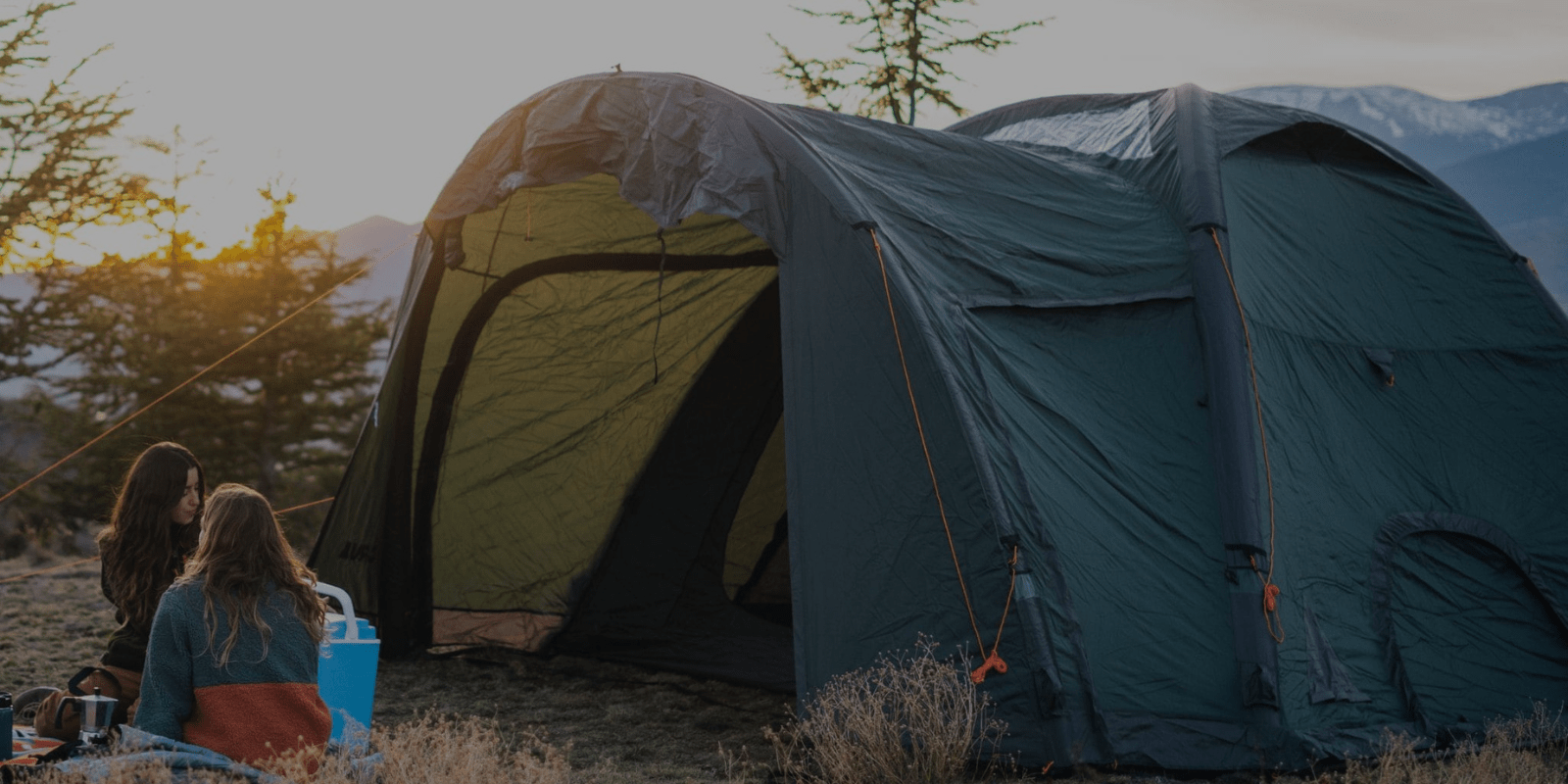
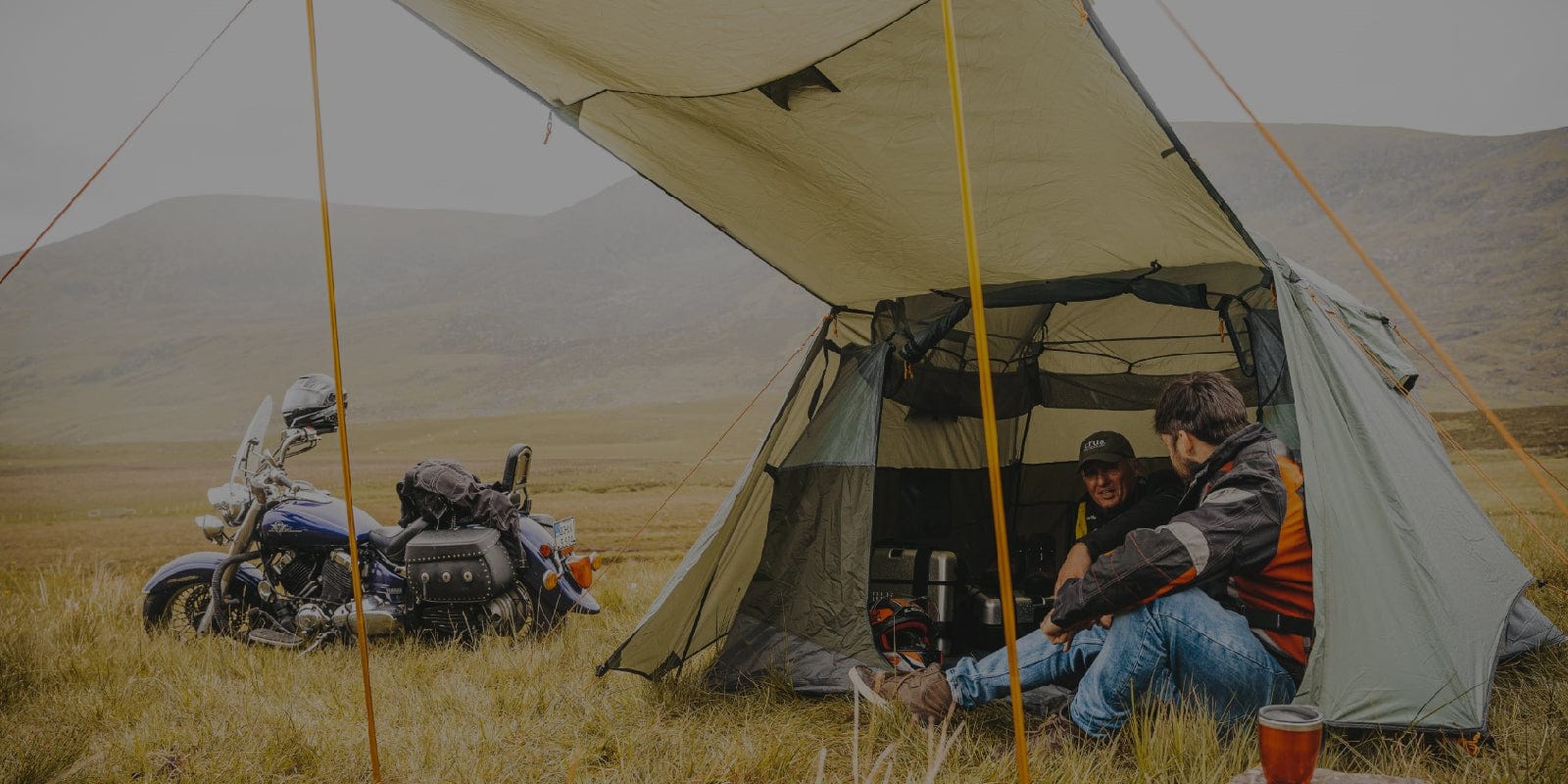
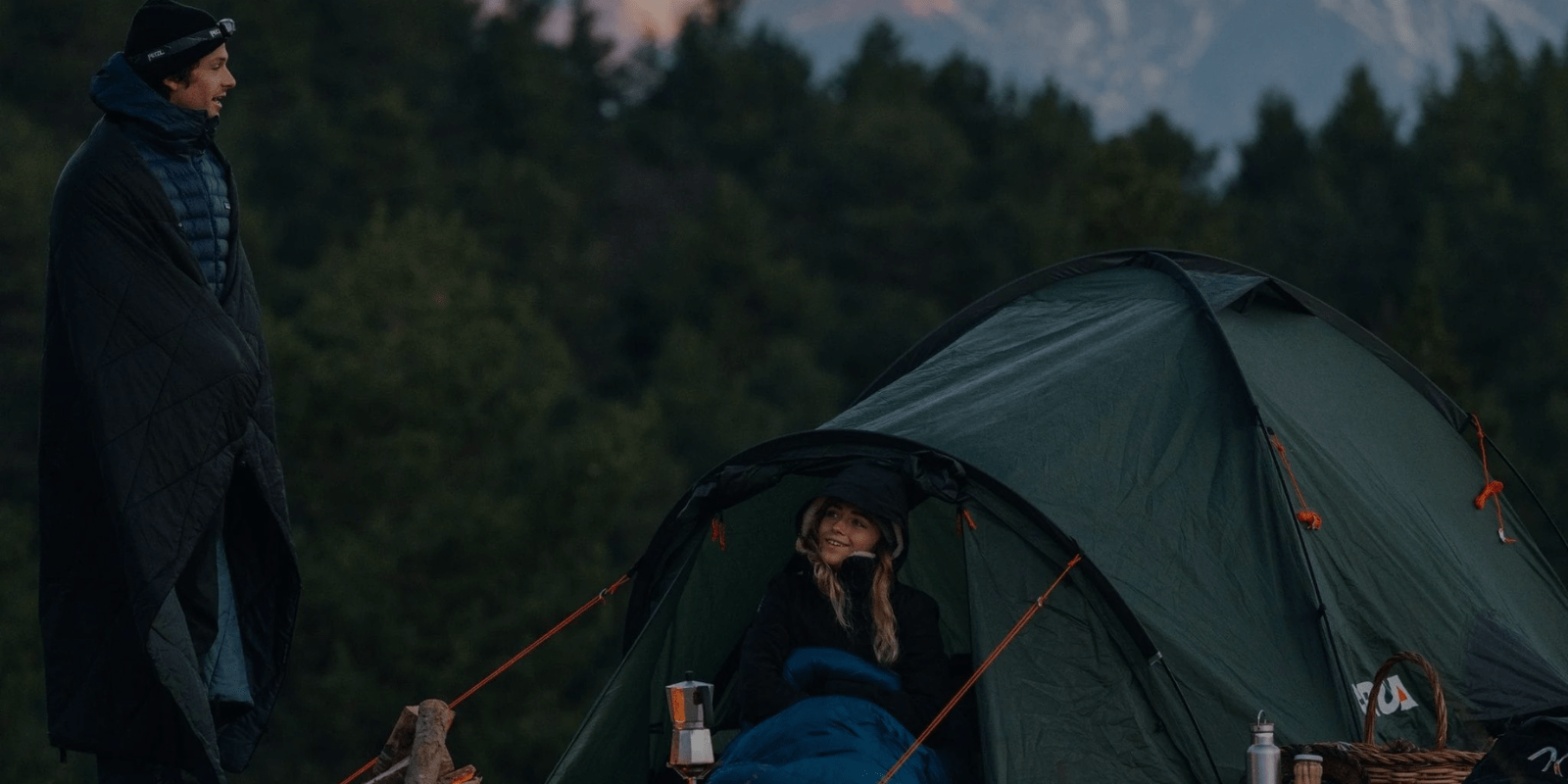
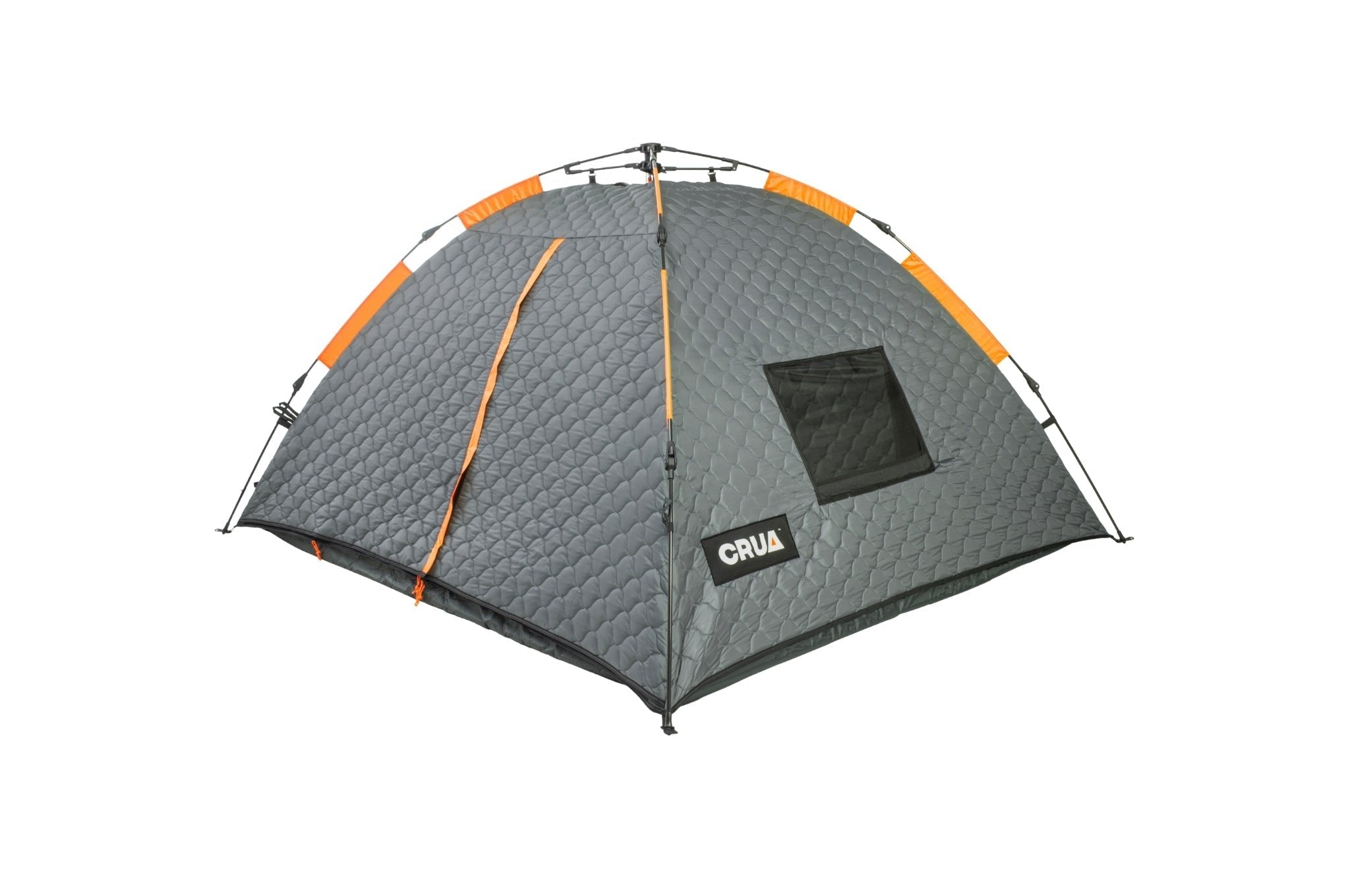
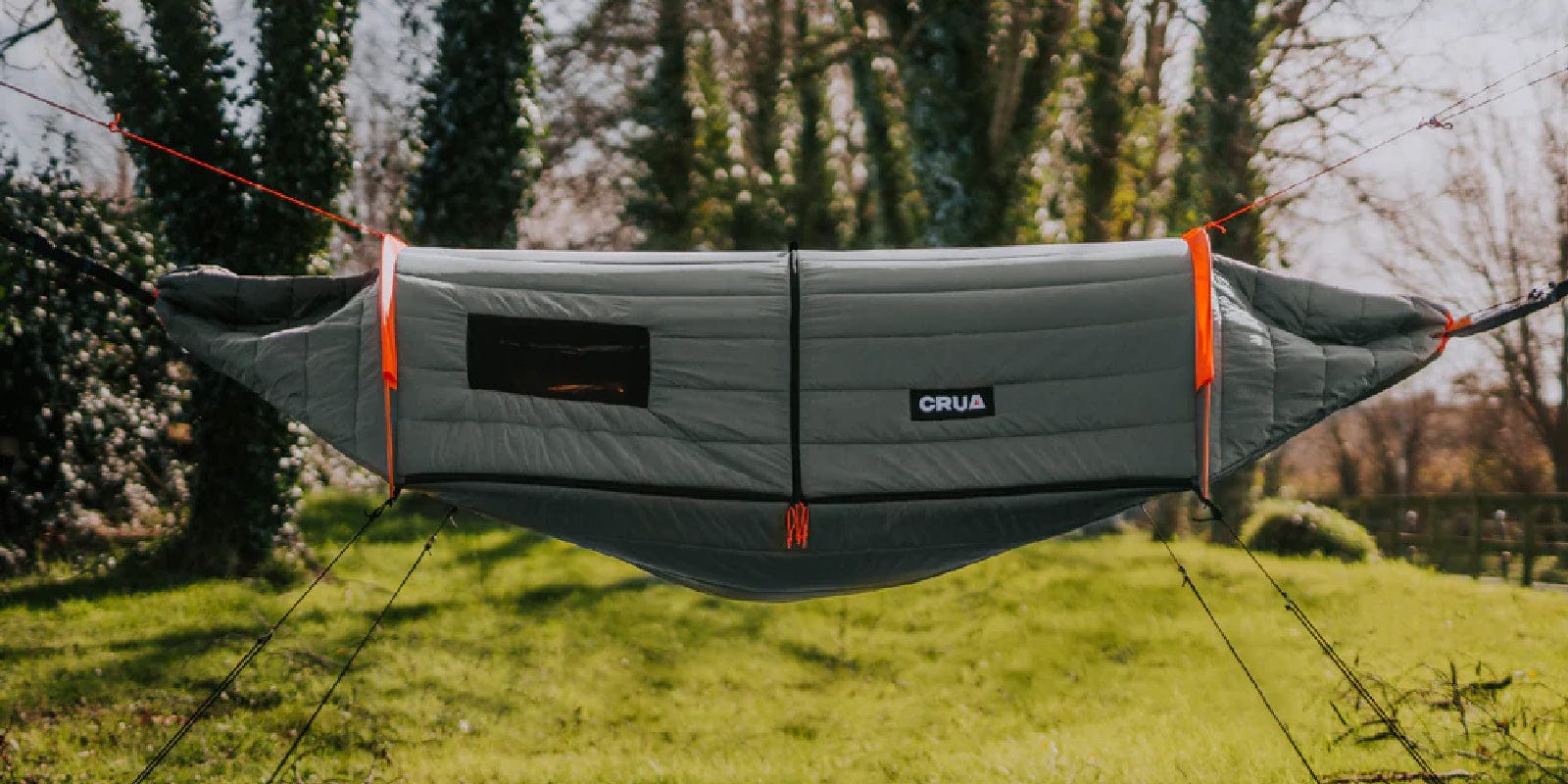
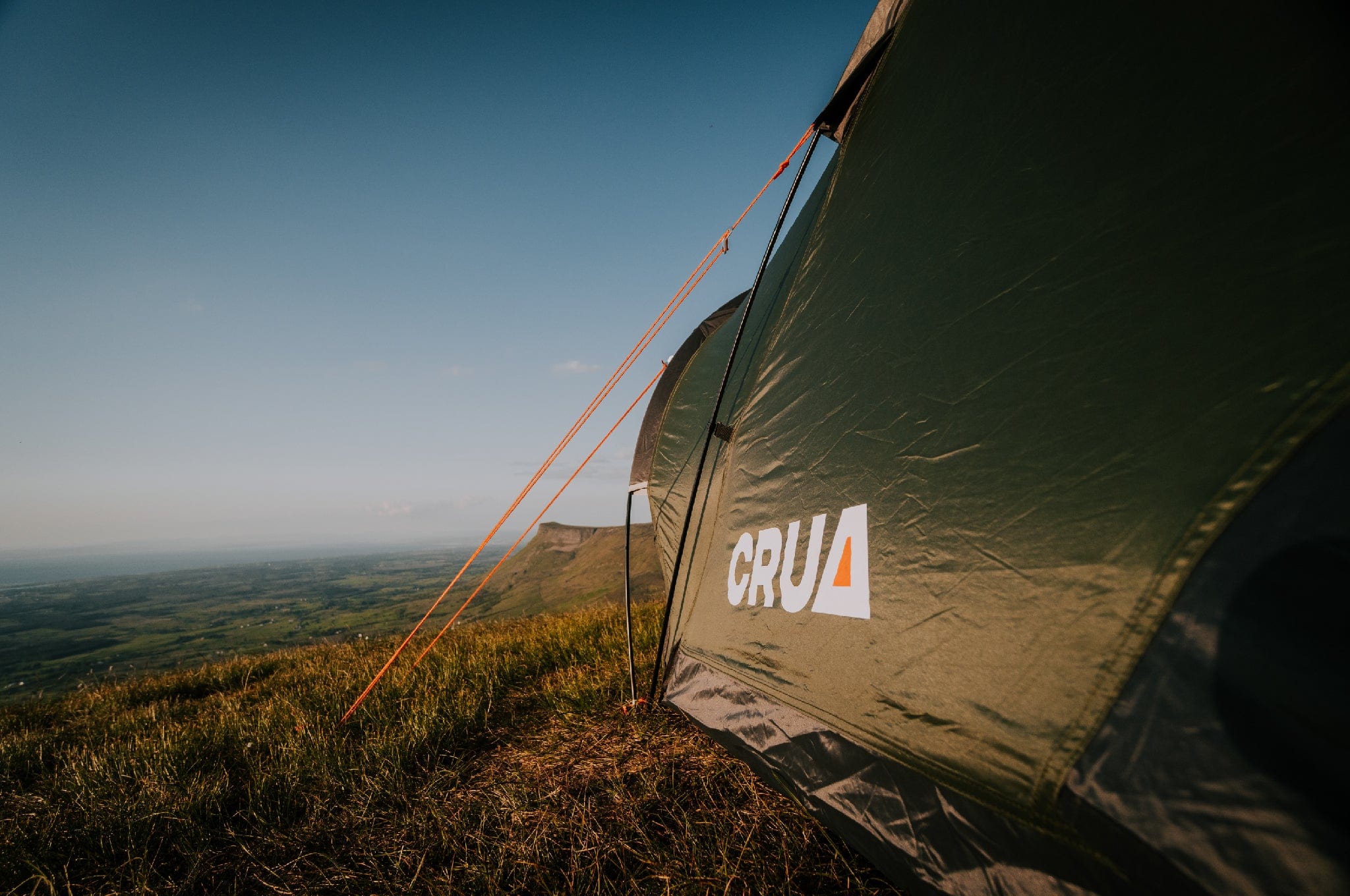
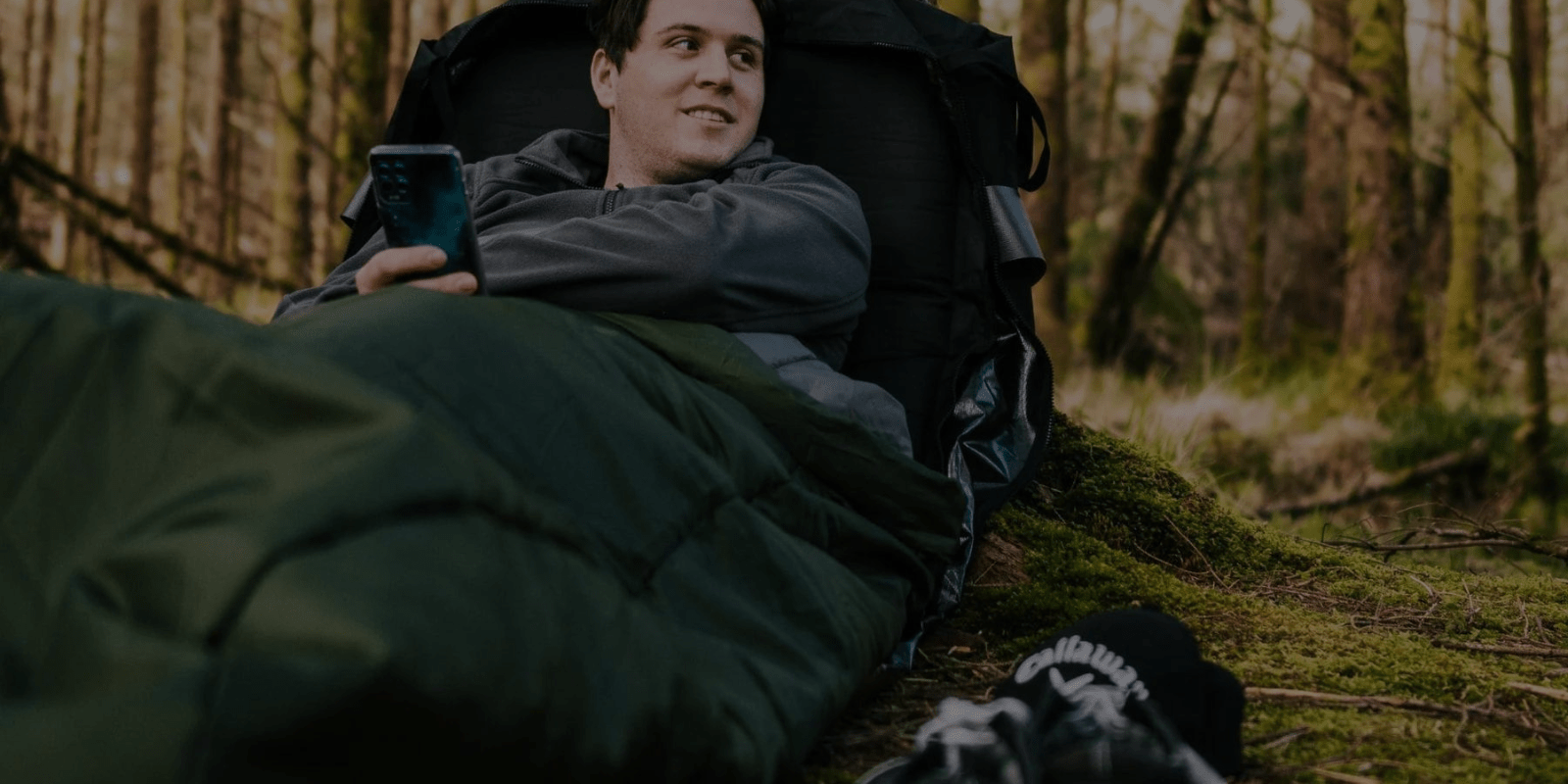
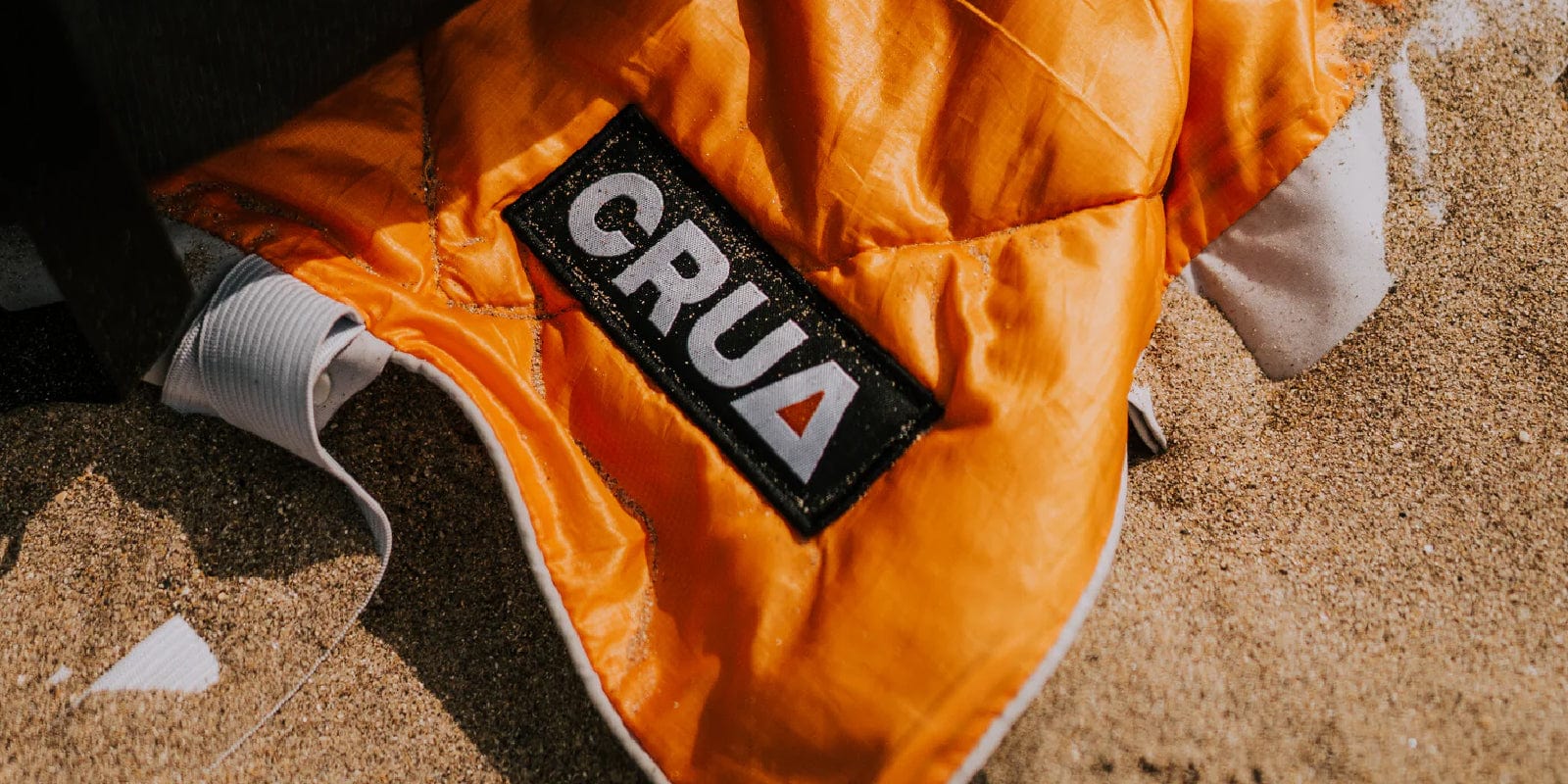
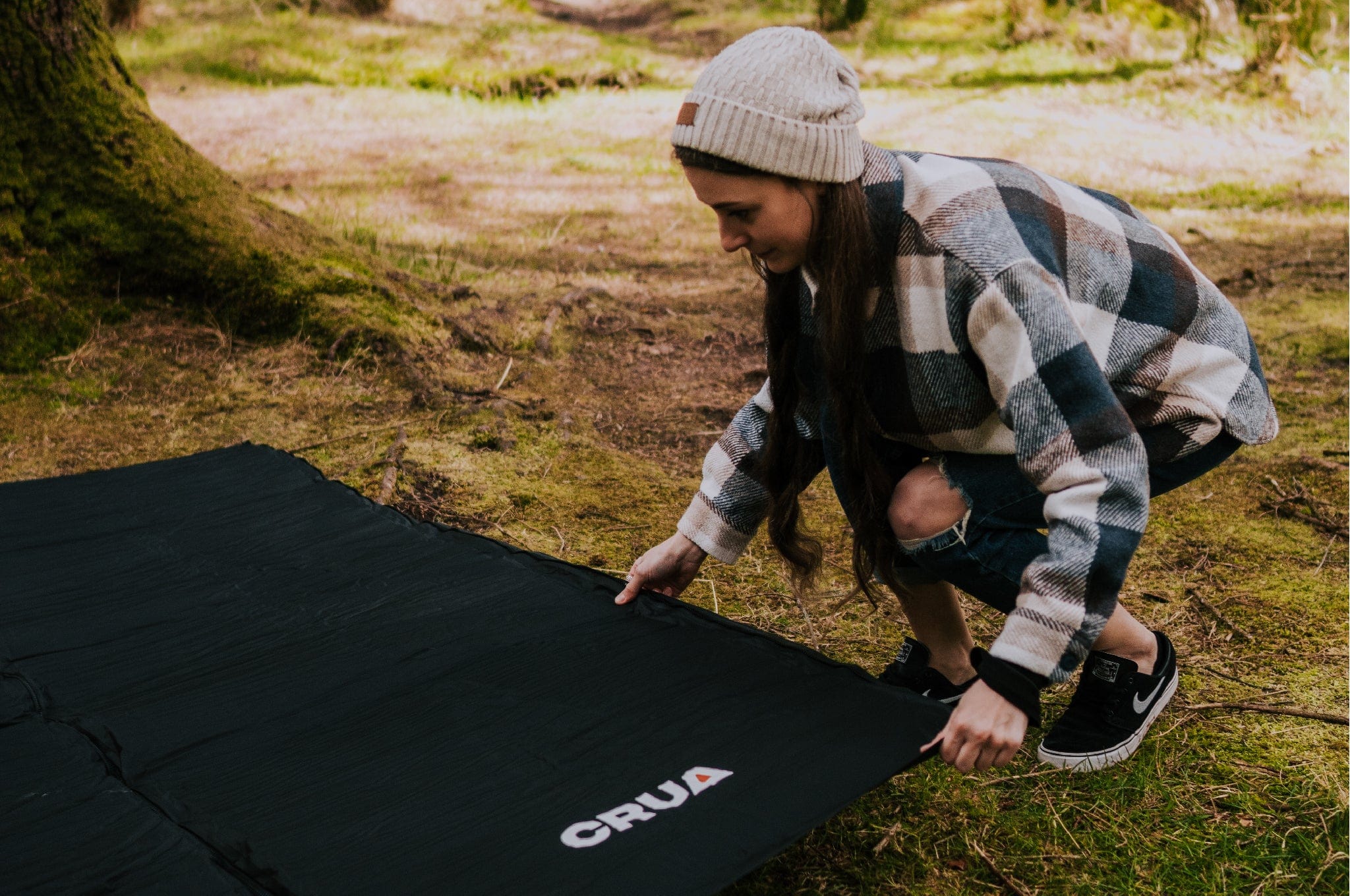
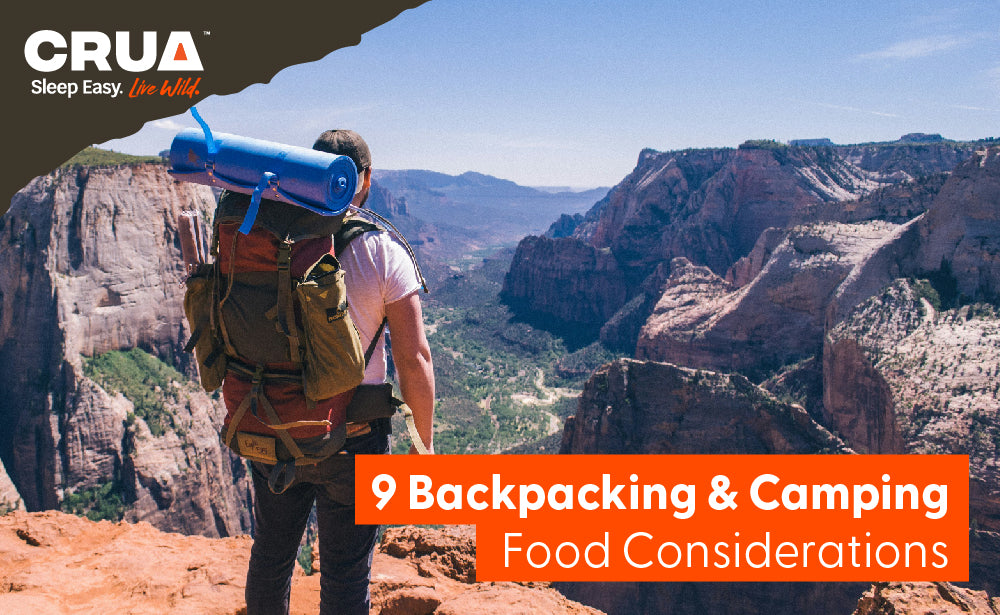

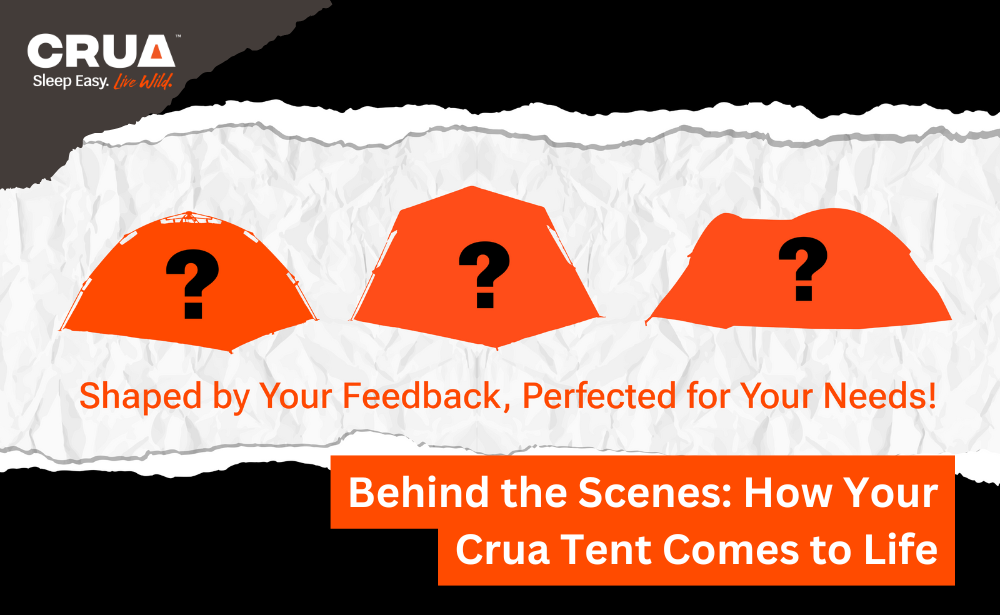

Leave a comment
All comments are moderated before being published.
This site is protected by hCaptcha and the hCaptcha Privacy Policy and Terms of Service apply.